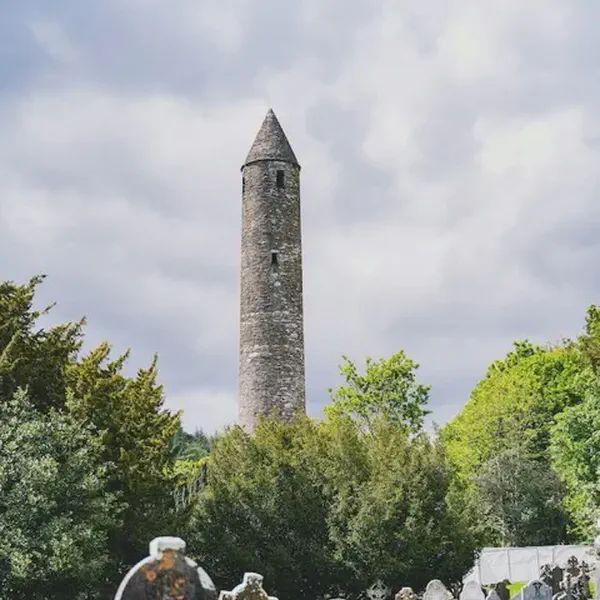On June 26, 1695 in Celtic History
Scottish east india company organized.

Scottish East India Company organized to break English monopoly on East Asian trade. In 1695, an act was passed in the Scottish Parliament establishing The Company of Scotland Trading to Africa and the Indies and was given the Royal assent by the Scottish representative of King William the II of Scotland (and III of England). This act gave the company a 31 year monopoly on trade with Africa and Asia, authorised it to arm and equip ships and to establish colonies in uninhabited or unclaimed areas of America, Asia or Africa. These powers were similar to those of the English East India Company, which opposed the establishment of a Scottish rival.
Poor harvests in the 1690s weakened Scotlands internal economic situation. Externally, there was an economic conflict between England and Scotland, from which Scotland did not benefit. The Darien scheme, to set up a Scottish trading colony in the New World, brought Scotland into competition with the East India Company, supported by the English government. The East India Company refused to sell supplies to the second Darien expedition in 1700, helping towards its failure and the subsequent loss of up to one quarter of Scotlands liquid assets.
In 1696, 2,500 Scottish settlers, in two expeditions, set out to found a Scottish trading colony at Darién on the Isthmus of Panama. These settlers were made up of ex-soldiers, ministers of religion, merchants, sailors and the younger sons of the gentry, to receive 50 to 150 acres each. The government of the colony was run by a committee, the chairman of which changed every two weeks, thus preventing any real sustained progress in solving the problems faced by the settlers.
These problems included a lack of provisions due to famine in Scotland, the Scots lack of colonising experience, diseases such as malaria, poor weather and the proximity of the Spanish, who claimed the land the Scots had settled on. Also, for a trading colony established to trade with passing ships in both the Pacific and Atlantic oceans, they carried a poor choice of trade goods, including wigs, shoes, bibles, woolen clothing and clay pipes.
The colony received no assistance from the crown or English colonies in the West Indies or Jamaica, despite having been promised, in the 1695 Act, the assistance of William II. So, the Scots faced assaults by the Spanish on their own. In 1699, they dealt with this by recruiting a Jamaican captain to raid Spanish shipping as a privateer, though this achieved little. Soon thereafter, the Spanish mounted an expedition of 500 men to wipe out the Scots. This was effective, as most settlers had already succumbed to disease or starvation.
More From This Day






Act for Convicting, Discovering and Repressing of Popish Recusants is passed
June 26, 1657